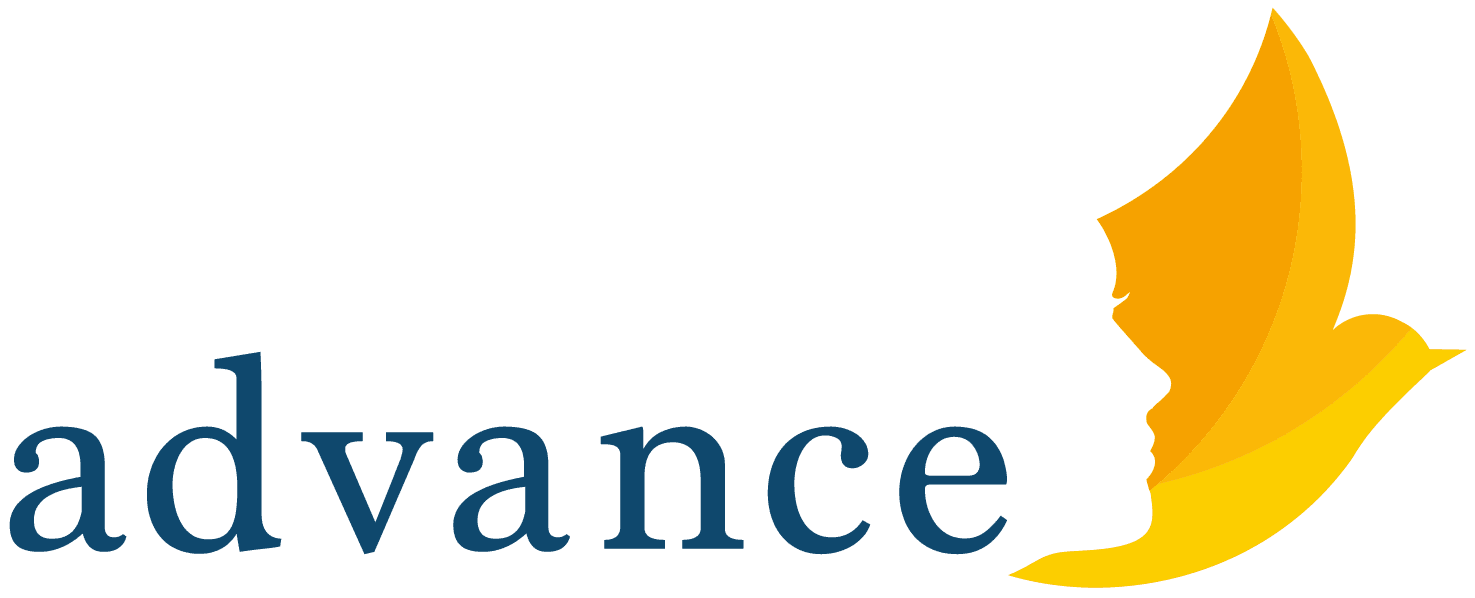Advance calls for:
- Improved education of young people and girls aged 11+ about healthy relationships and consent
- Investment in safe spaces and community-based specialist services for girls and young women to access support
- Increased awareness and tools for parents and the community about healthy relationships and consent
- A gendered approach to inform policy and practice, including training for criminal justice practitioners and statutory services in contact with girls and young women
Advance, the leading women’s charity that supports women and children who experienced domestic abuse and those who have committed crime or are at risk of offending, publishes today its research report ‘A space to learn about relationships’. The research focusses specifically on young women who have been in contact with the criminal justice system and builds on the limited research about young women’s early sexual experiences, the impact on their health and the links to their contact with the criminal justice system.
Key findings include:
- The young women surveyed stated that school sex education was not beneficial and that there is a distinct lack of a space to learn and talk about the emotions and feelings that come with sex.
- The young women believed that they started their sexual relationships too early; 74% of the women said they should have waited longer to have sex. Pressure from friends and peer groups was the most influential factor in beginning sexual relationships.
- 73% of young women stated they should have known more about consent when they began having sexual relationships; that consent and saying no is a subject which girls often lack knowledge and confidence in.
- 65% of young women surveyed were survivors of childhood sexual abuse. The majority separated this from their first sexual experience and did not reference the abuse when discussing their first sexual relationship.
- 91% of the women believed that their previous relationships had an impact on their mental health. This was in many cases attributed to controlling and unhealthy relationships.
Recommendations include:
- School sex education to focus more on relationships and consent, including discussions around the feelings and emotions that come with sex, and the importance of mutual consent.
- Schools and specialist services to provide safe spaces and mentors, where young girls are able to talk to about sex, sexual experiences and intimate relationships to trusted adults.
- Young girls need a wider network of informed individuals to discuss and learn about sex and relationships, including parents and family members who would benefit from more tools and guidance about this.
- Criminal justice practitioners and statutory services supporting young women and girls in contact with the Criminal Justice System would benefit from training about healthy relationships, and the links to exploitation and abuse.
- Young women’s and girls’ perspectives must be specifically considered in youth violence work to ensure a gendered approach when shaping policy and developing practice for young people.
- Further research is needed on this subject and the many interlinking factors within it, including the impact of technology and digital influences on sex and relationships.
The report, A space to learn about relationships, was part of the Greater London Authority’s Citizen-Led Engagement Programme and the research was led by Advance staff, co-designed and co-produced in partnership with Advance’s Peer Mentors, young women with lived experience of the criminal justice system.
Niki Scordi, Advance’s Chief Executive, said:
“Young women tell us that early sexual experiences starting from as young as 12 years old impacts their confidence and self-esteem, their health and future intimate relationships, and is often linked to their future contact with the criminal justice system.
As most girls and young women find out about relationships and sex through their friends and school, rather than their parents and family, it is important that there are safe, young-women-specific spaces for them to learn about healthy relationships and consent from trusted adults and specialist community-based advocates and mentors.
We need to develop policy and practice that recognises and meets the specific needs of young women holistically in a coordinated response, rather than either as victims of abuse or as young offenders.”
www.advancecharity.org.uk
-Ends-
For all press enquiries, please contact:
Niki Scordi
E: niki.s@advancecharity.org.uk
T: 020 3953 3111
Notes to editors:
About Advance
Advance was founded in 1998 and is an award-winning London-based innovative charity that supports women who have experienced domestic abuse and those who have committed crime to end their re-offending.
The charity’s vision is a world in which women and children lead safe, violence-free, crime-free and equal lives so they can flourish and actively contribute to society. A women-only organisation delivering services for women, by women, Advance supports women and girls to be safe and rebuild their lives, and those committing offences or at risk of offending to break the cycle of harm and prevent the breakdown of families.
Since its inception, Advance has led the way in innovation in the sector with community, “through-the-gate”, and whole-system co-located services for women in contact with the criminal justice system, including its Minerva services. Through its women’s centres and advocates, the organisation delivers holistic, specialist one-to-one support and engaging group interventions tailored to women’s needs. The charity’s message is to encourage and empower women to take back control and rebuild their lives with its support.
Supporting women and children of all ages, the team also offers specialist domestic abuse services.
Each year, Advance supports over 7000 women and children.
advancecharity.org.uk Twitter: @ADVANCEcharity



